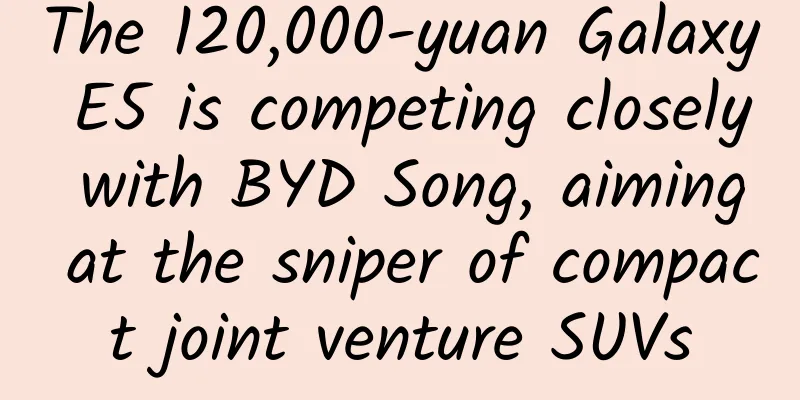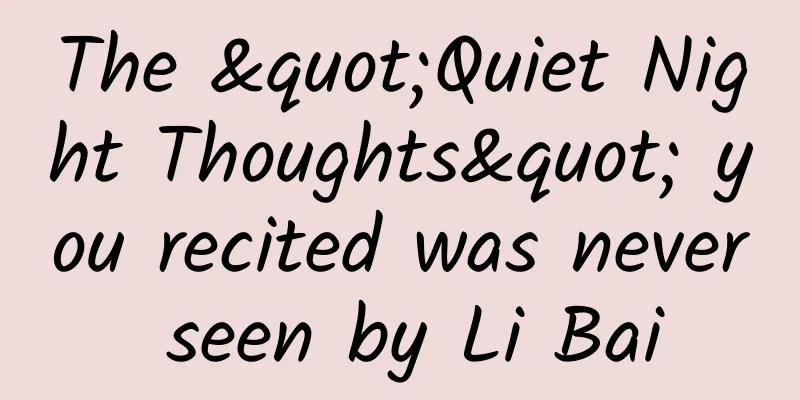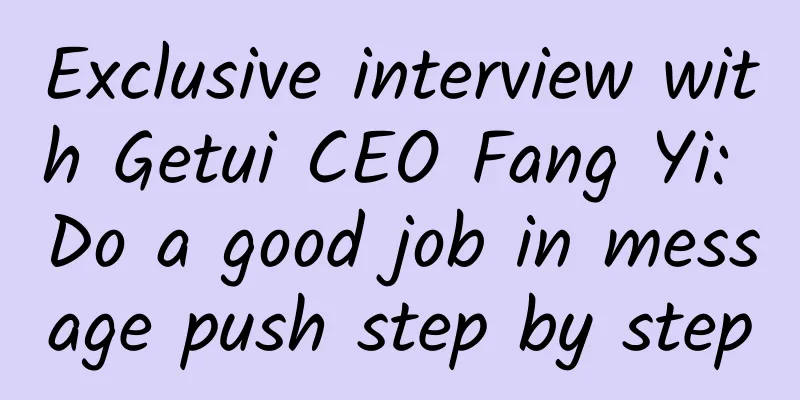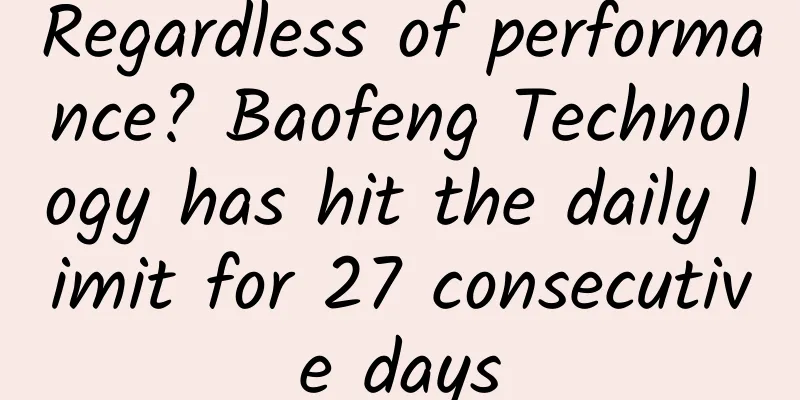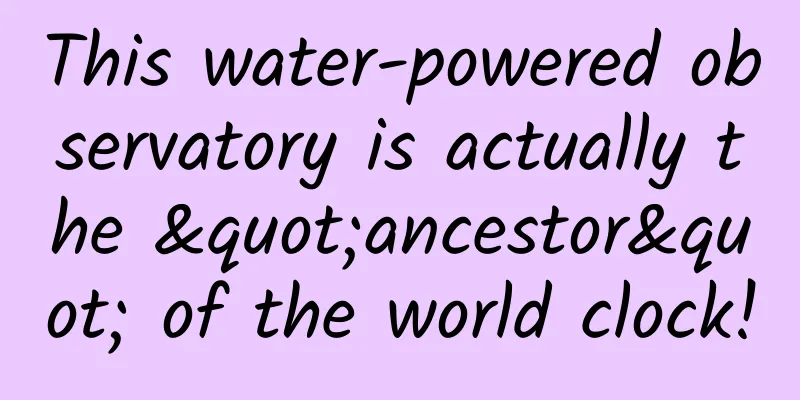Let’s be honest: if you slack off while working, you will be more tired!
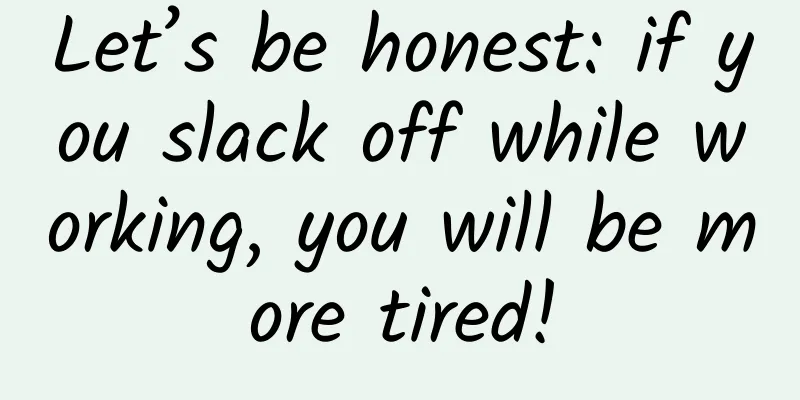
|
Have you ever had such an experience of "slacking off"? Even though I have a mountain of work to do, I am always distracted. I am either checking social media, chatting with my “complaint buddies” over the Internet, or watching short videos for no apparent reason… Finally, I make it to the end of the workday. Even though I didn’t do much work, I feel physically and mentally exhausted, even more tired than if I were busy working all the time. This is because: slacking off at work is really more tiring than working seriously! Copyright images in the gallery. Reprinting and using them may lead to copyright disputes. Working while slacking off Physically and mentally more tense The fatigue caused by "slacking off" during work hours comes first from the highly tense mental and high-load physical state. "Slacking off" is actually a behavior that tests your "acting skills". "You have to pretend to be working very hard so that you can fish without much effort." For most workers, an open office means that they must remain vigilant when secretly reading novels, playing games, and chatting, in order to guard against surprise inspections by the boss and snooping by colleagues. The tension brought about by this "guilty conscience" can easily make one's muscles tense and limbs stiff. Staring at computer screens and mobile phones for a long time can also make one's eyes sore and have blurred vision. Let's do one more calculation: You think "slacking off" is stealing leisure time, but in fact it has already been secretly marked with a price. "Slacking off" makes people feel that time passes faster. Just browsing the web or playing a few games of Candy Crush, the whole morning has passed; but the work tasks must be completed after all, so there is no choice but to continue working overtime and sacrifice real rest time to make up for it. In this way, if you calculate it this way, including "slacking off" and overtime, your eyes, cervical spine, lumbar spine and muscles all over the body have almost doubled the work, so of course you will be more tired. Working while slacking off In fact, it will lead to excessive self-depletion The purpose of work is not only to make money, but also to realize self-worth, gain the joy of career development and enhance self-efficacy. If you always stagnate in your work, you will be worried about being discovered and worry about poor performance. When you look at your colleagues who are active and fulfilled, the self-blame, loss and anxiety in your heart will make you feel exhausted physically and mentally. The ego depletion theory proposed by American psychologist Roy F. Baumeister believes that every choice, entanglement, anxiety and distraction will consume psychological energy, leading to a decline in execution ability and willpower. This depletion state will affect people's emotions, motivation and cognitive processes, and then affect the execution and performance of subsequent tasks. In other words, people may over-consume psychological energy when "slacking off". For example, they have to constantly resist the call of work and the requirement to concentrate. This process consumes a lot of willpower, resulting in people lacking sufficient energy in subsequent work and feeling more tired more easily. Copyright images in the gallery. Reprinting and using them may lead to copyright disputes. Working while slacking off Distraction creates cognitive load From the perspective of attention allocation, when people are "slacking off", their attention tends to constantly jump from one task to another. This frequent switching not only leads to distraction, making it difficult for people to focus on the current work, but also increases cognitive load. The brain needs to spend more time and energy to process and integrate different information, which reduces its own work efficiency and productivity, and even makes people feel that they are incompetent. "Slacking off" not only affects personal work performance, but also spreads this atmosphere, which may eventually have a negative impact on the efficiency of the entire team, making the overall work status more likely to fall into a vicious cycle. The “flow” when working hard Exciting, satisfying and fulfilling I believe many people have had this experience: focusing so intently on work that they forget about time and have no desire to slack off; but after work they feel fulfilled and don't seem tired. Positive psychology research suggests that when people are engaged in work or activities they are interested in, they are more likely to devote themselves to it, not caring about gains and losses, and even losing the concept of time and the perception of the things around them. This experience is called "flow", and during the flow experience, people can show strong creativity and experience a high degree of excitement and satisfaction. There are many reasons why people who slack off at work fail to enter a state of flow: perhaps the difficulty of the work does not match their abilities, or the work content is boring, or there are too many trivial matters and constant interruptions, or there is not enough incentive to drive them, which makes it difficult for them to fully devote themselves to their work. "Slacking off" usually does not bring a flow experience. After all, browsing social media or chatting usually does not require much thinking or skills. This lack of flow activity can lead to boredom and a lack of value, which can make people feel empty. Copyright images in the gallery. Reprinting and using them may lead to copyright disputes. How to work without getting tired ? Here are 3 tips 1 Plan your time wisely and take a real break Set clear limits on your working hours, clearly divide your working hours into work and rest time, and avoid fatigue caused by long-term continuous work. For example, set a time period for the Pomodoro Technique, and rest for 5 minutes after every 25 minutes of focused work. It is particularly important to emphasize that rest time must be truly relaxing, not half-hearted. You can choose activities that can restore your energy and improve your work efficiency: for example, get up and walk outside for a while, close your eyes and rest for a few minutes, or take care of the green plants at your workstation. 2 Decompose tasks to improve work control When we feel anxious about work tasks, slacking off often becomes a "safety behavior" that can temporarily divert our attention and reduce anxiety levels in the short term, but it will have the opposite effect in the long run. You can try to break down large projects or tasks into several small tasks and complete them one by one; each time you only ask yourself to do the best you can at the current step. In this way, you may find it easier to concentrate, and you can better control the progress of your work and improve your work efficiency. 3 Set goals, reward in time, explore passion Try to set clear work goals for yourself and give appropriate rewards after completing the task. This can stimulate work motivation and enthusiasm and help the work status enter a positive cycle. In fact, for an enterprise, only when employees have enthusiasm for work can the enterprise achieve long-term sustainable development. Career planning can help employees clarify their development direction, so that they can find the goal and meaning of their work; good job training can improve employees' technical level, help employees find their interest in work, and improve work efficiency. For working people themselves, perhaps what they should think about more is how to combine daily work with personal characteristics, strengths and interests, so as to better cope with workplace pressure and achieve personal growth and development. Finally, I hope everyone can find a way to combine work and rest that suits them, so that they can live a good life without being too tired. References [1] Dai Shengli, Wu Baopei. Research on ego depletion in the last decade: phenomenon, theory and application[J]. Psychological Technology and Application, 2024, 12(01): 55-64. [2] Du Jing, Xiang Yuan. Task interdependence, work boredom and “playing with mobile phones” in the workplace: A study based on ego depletion theory[J]. Human Resource Management Review, 2022(01):132-146. [3] Wang Chunhua, Wang Lei. Self-expansion theory and related research progress[J]. Journal of Northwest Normal University (Social Science Edition), 2023, 60(05): 97-104. DOI: 10.16783/j.cnki.nwnus.2023.05.012. [4] Flow: The Ultimate Happiness of Self-realization[J]. Shanghai Education, 2018(06):6. [5] Zhang Yi, Xu Qi, Zhang Leilei. Application and Prospect of Flow Theory in Human Resource Management[J]. China Business Review, 2016(22):163-165. [6] Ren Huizhu. Research on the relationship between work stress, work anxiety and work happiness of enterprise employees[D]. Tianjin Normal University, 2017. Planning and production This article is a work of Science Popularization China-Starry Sky Project Produced by: Science Popularization Department of China Association for Science and Technology Producer|China Science and Technology Press Co., Ltd., Beijing Zhongke Xinghe Culture Media Co., Ltd. Author: Dou Yuanyuan, psychological counselor, medical/psychology popular science author Reviewer: Zhao Ran, Director and Professor of the Institute of Applied Business and Social Psychology, Central University of Finance and Economics Planning丨Zhong Yanping Editor: Zhong Yanping |
<<: A powerful anti-inflammatory ingredient is hidden in this "golden seasoning"
>>: If I am infected with HPV virus, will I definitely get cervical cancer?
Recommend
Tik Tok live broadcast script strategy
If you are also preparing to start live streaming...
7 B2B content marketing trends for 2019!
With its unparalleled efficiency and considerable...
Fan Deng: Decoding the advanced code of spiritual growth
Fan Deng: Decoding the advanced code of spiritual...
Glasses also have a “shelf life”, so be sure not to let them expire!
Do glasses have a shelf life? On the surface, gla...
Medical project optimization and OCPC practice sharing
A friend who used to work with me in andrology is...
When operating a website, consider user loyalty first, then think about product awareness!
When many novice website operators get a website ...
What is the existence of a pig farming O2O project that is said to be valued at 1 billion US dollars?
[[153523]] Wang Dapeng was going to the countrysi...
Gao Rongrong's 25 lifelong beauty maintenance tips, a private Chinese medicine lesson verified by celebrities
Gao Rongrong's 25 lifelong beauty maintenance...
Did you know that tea, coffee, oil and water can also make people "drunk"?
Did you know that in addition to alcohol, drinkin...
In addition to screenshots and descriptions, preview videos are also an important factor in increasing App Store download conversions.
In order to further optimize the user experience ...
If alien life exists, what traces will it leave?
Author: Global Science Are you curious about the ...
After two days of using the official version of iOS 13.4, I feel that those who haven’t updated yet should read this
I believe that Apple fans who have been following...
China Association of Automobile Manufacturers: Brief analysis of customs import and export situation from January to February 2023
According to data from the General Administration...
Douyin mini program development company, which one is more reliable?
Douyin mini program development company, which on...
Ideal Auto released an announcement that as of April 9, the delivery volume of Ideal ONE exceeded 4,500 units
Affected by the epidemic, most physical industrie...
